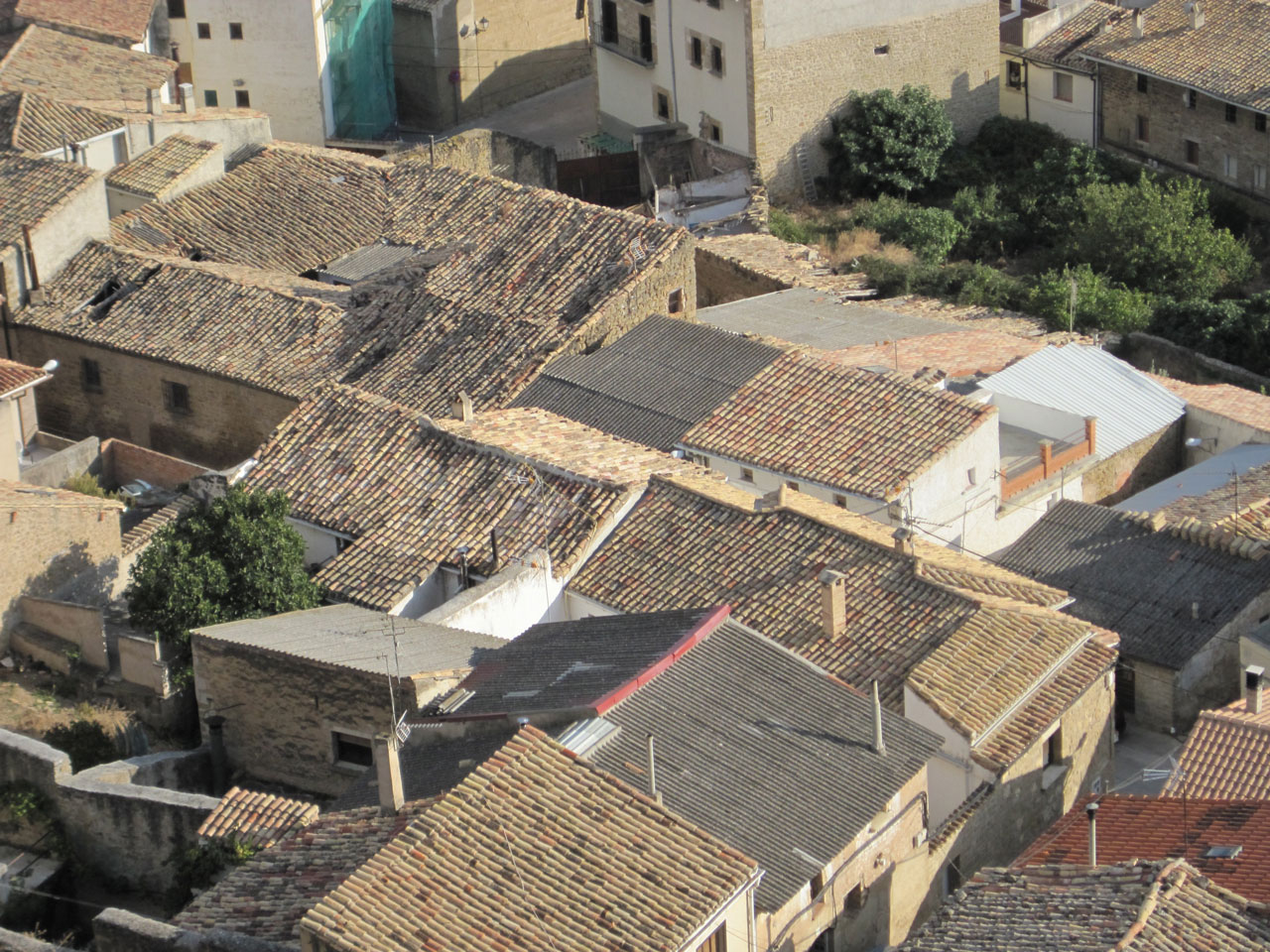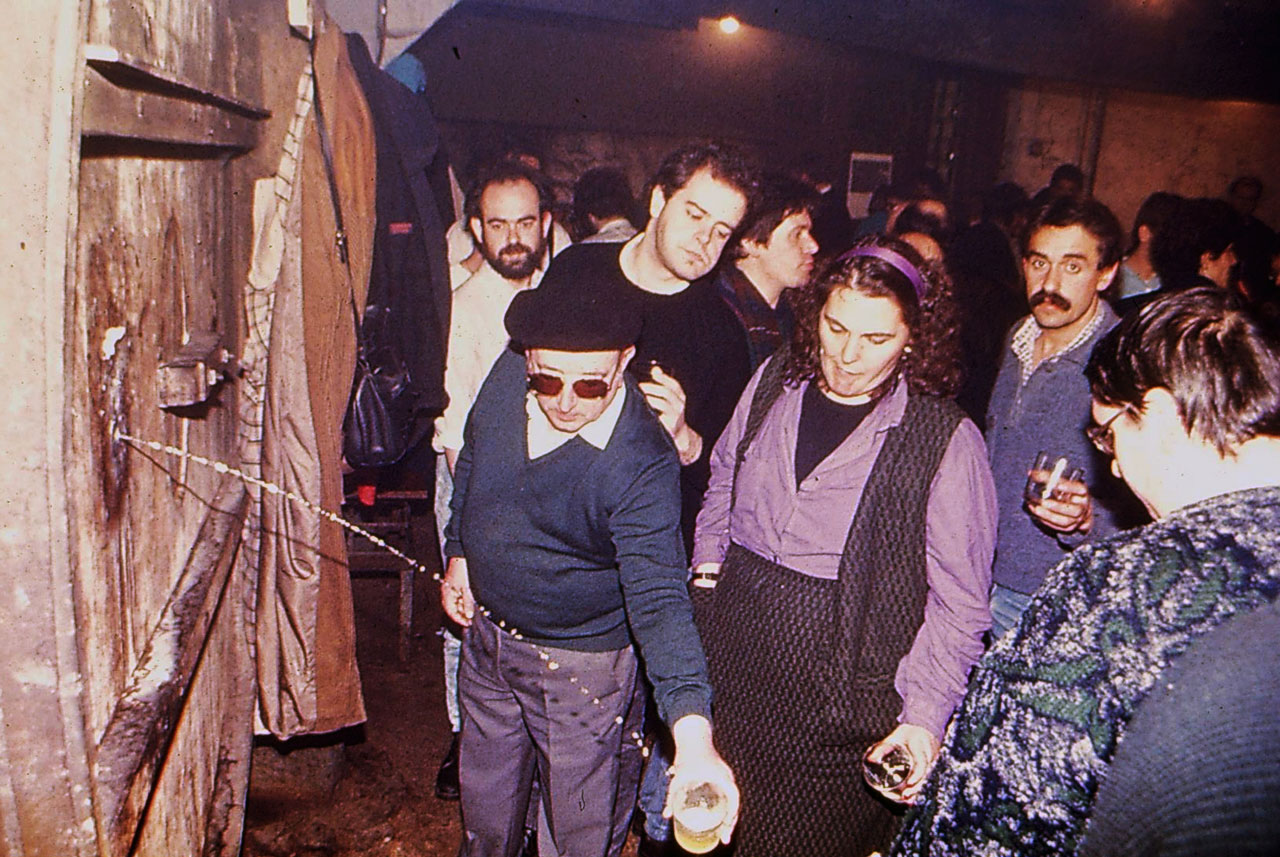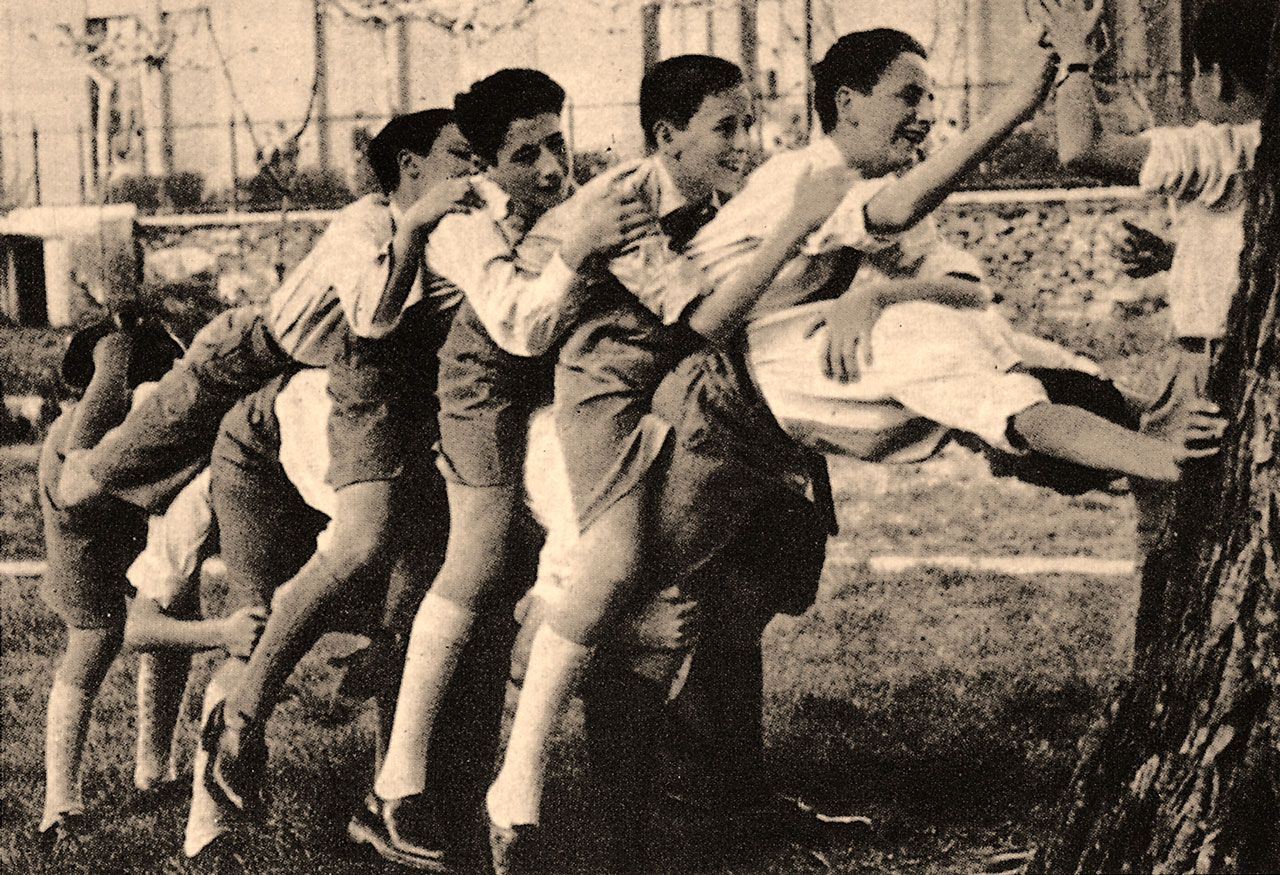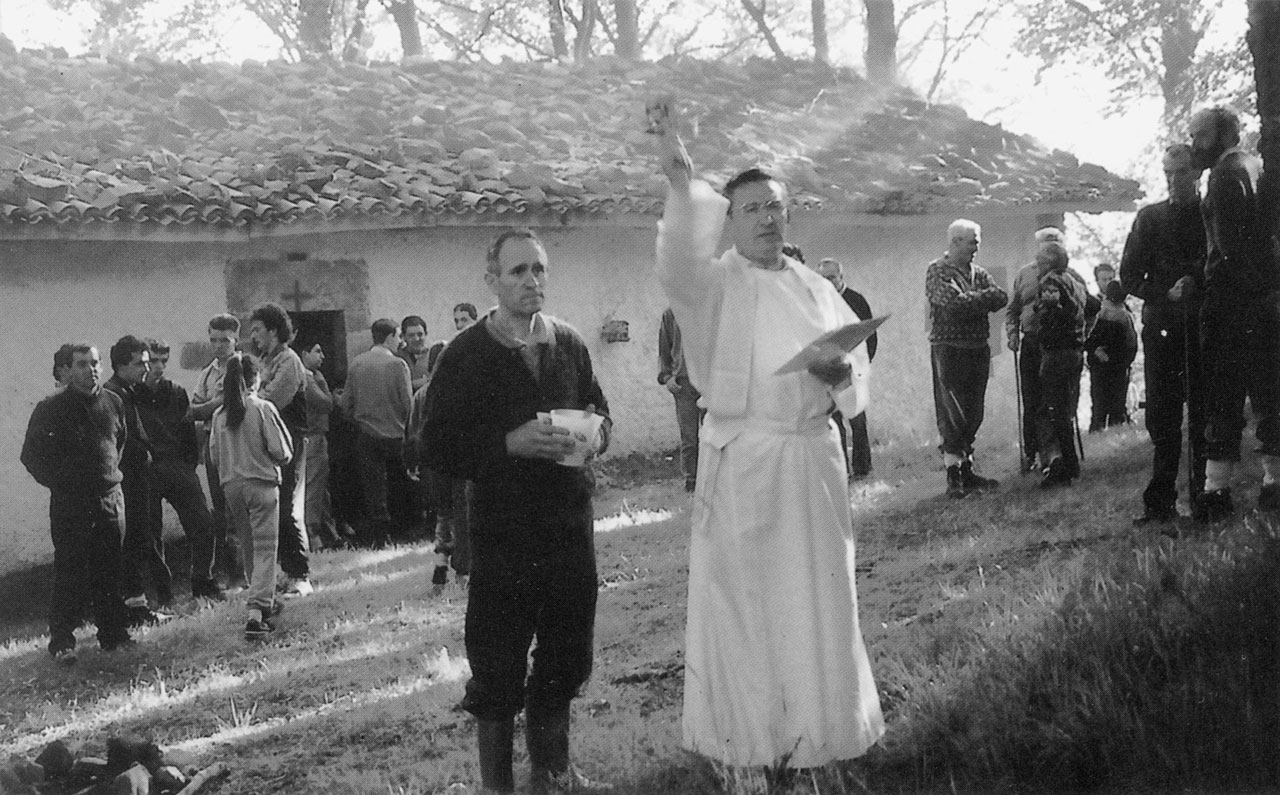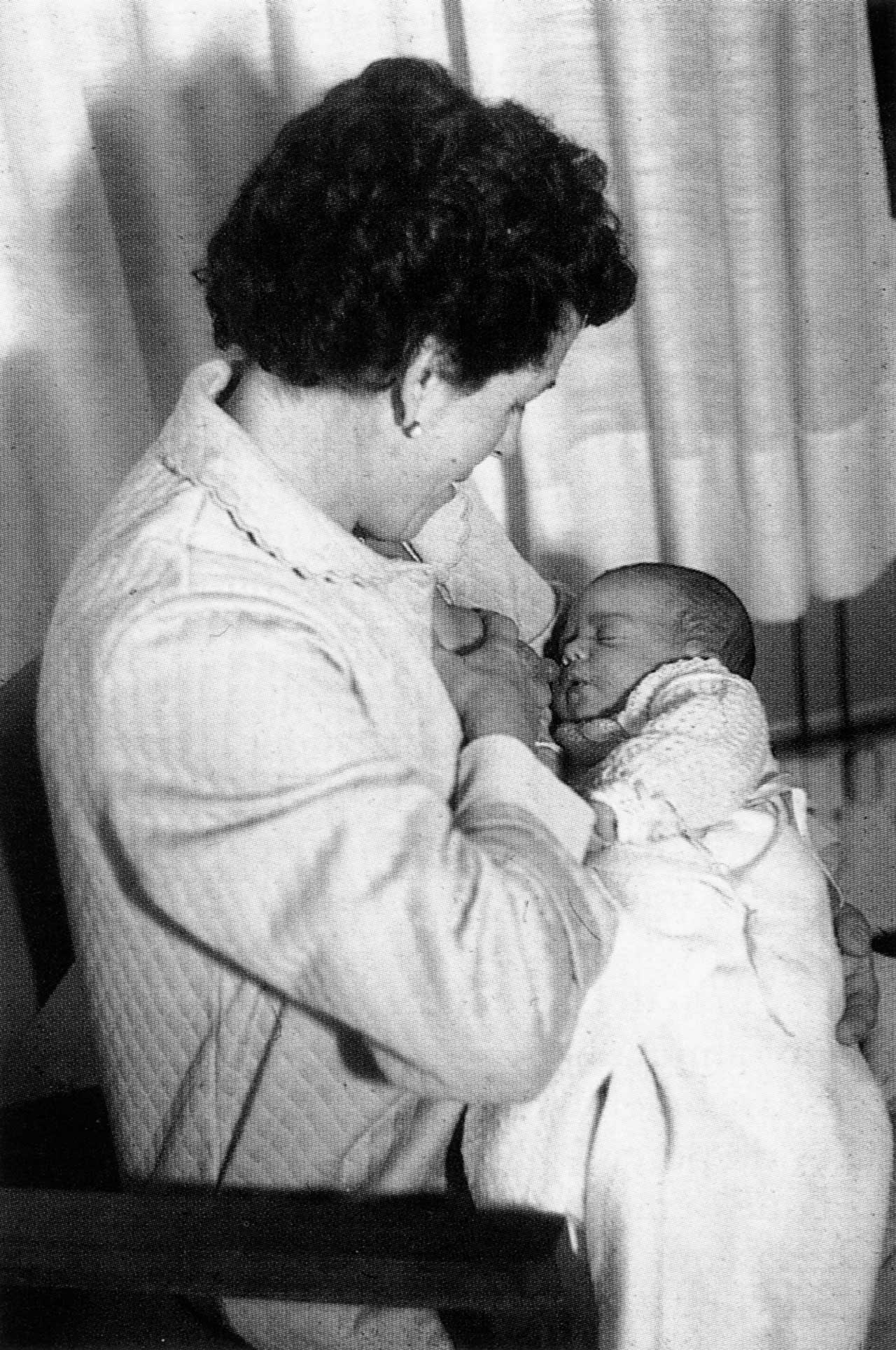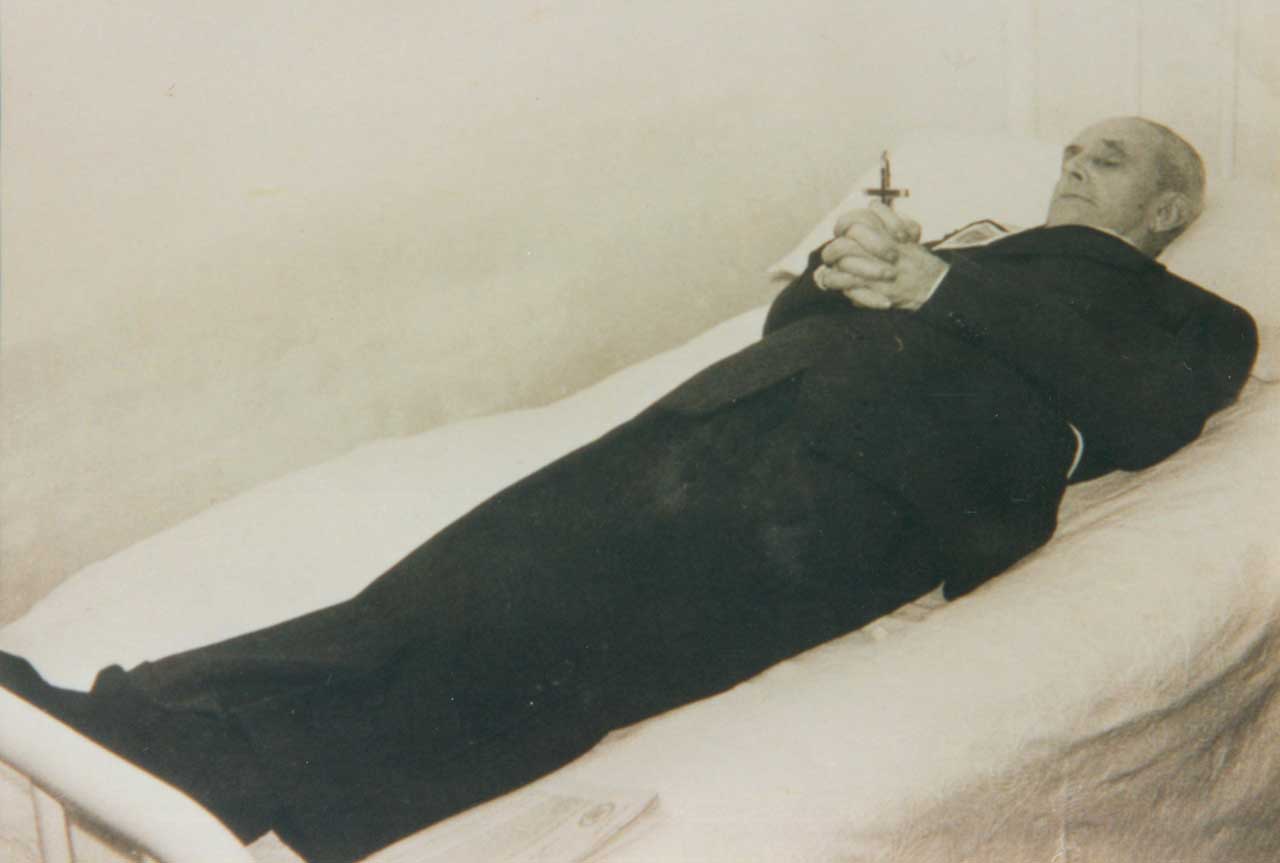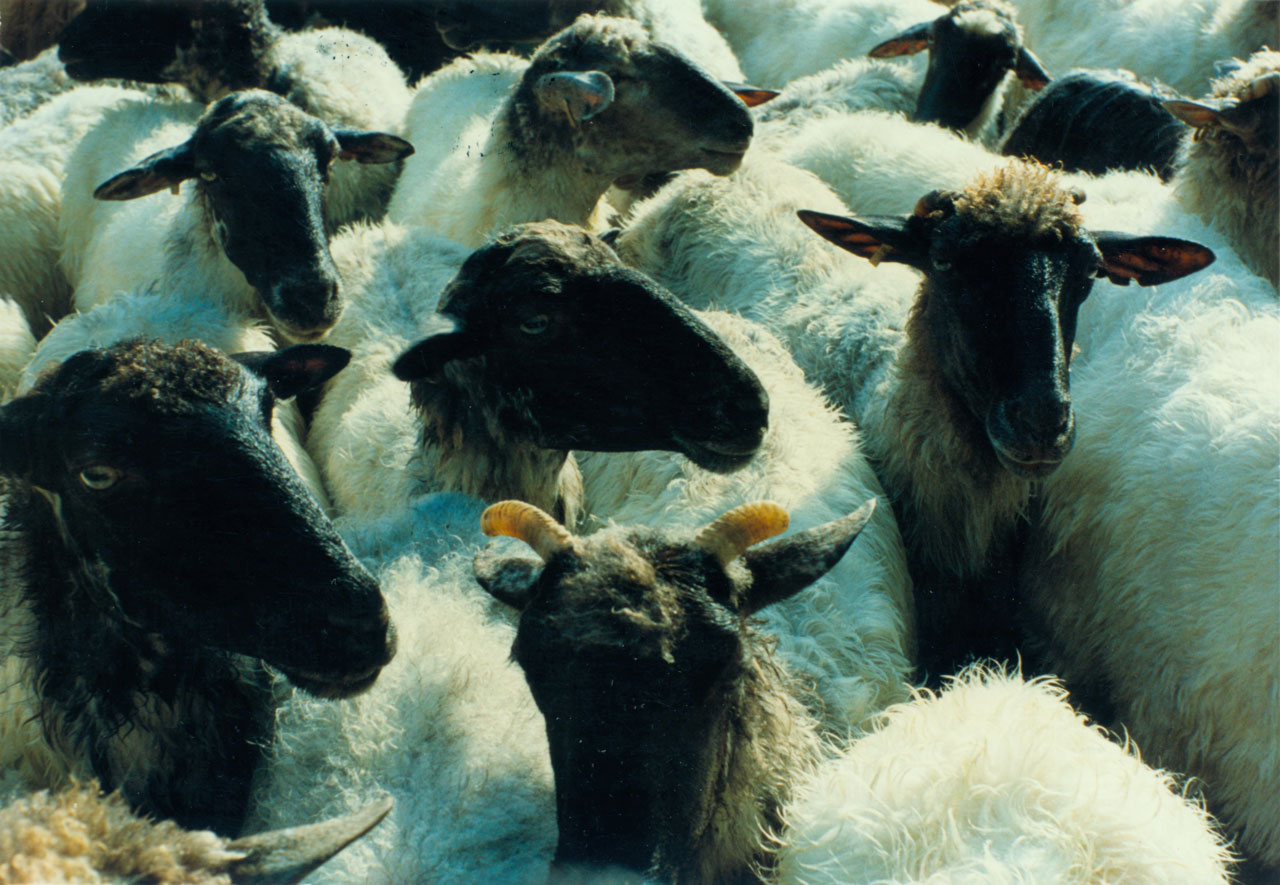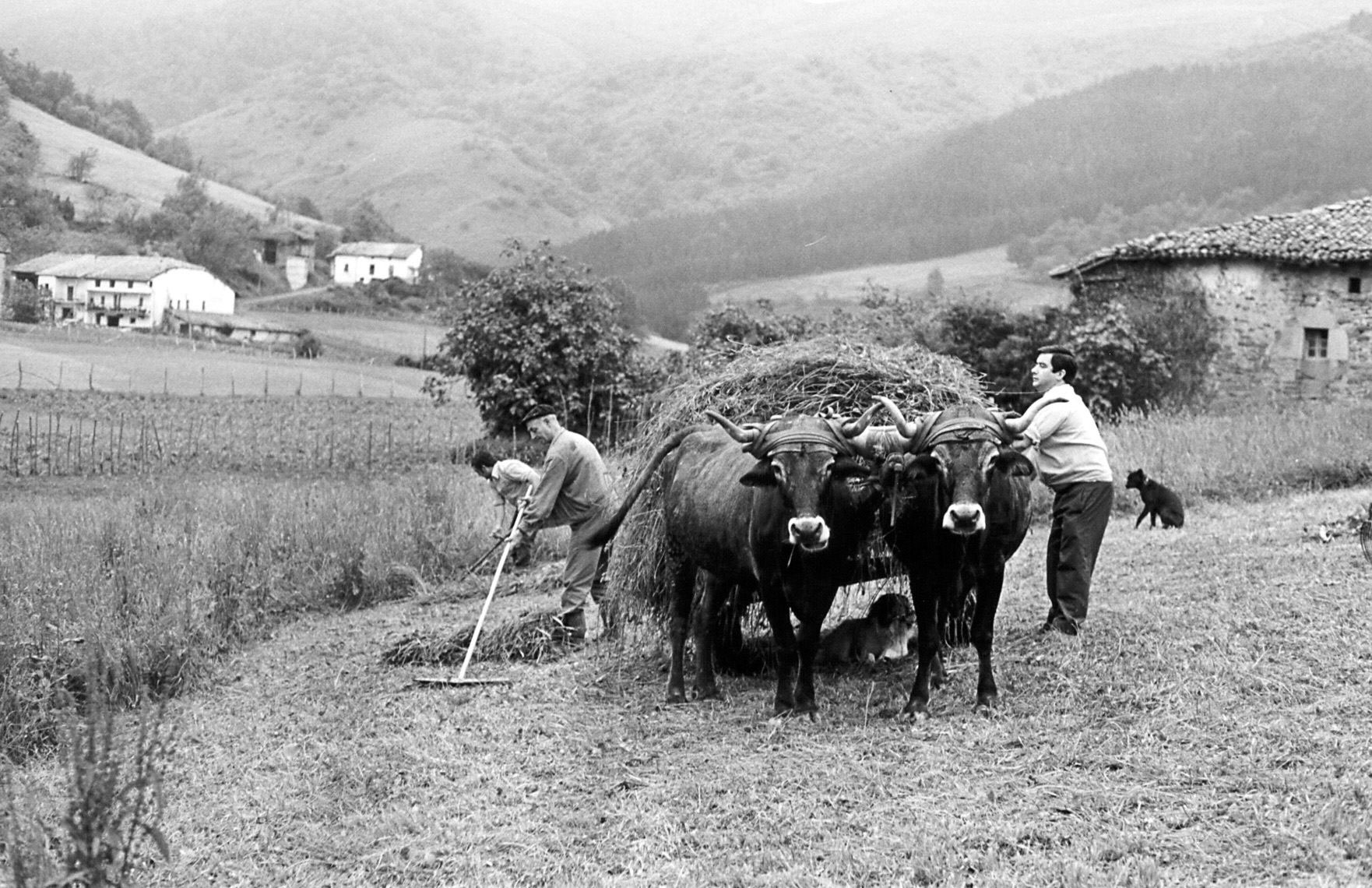Main Page/en
De Atlas Etnográfico de Vasconia
Revisión del 15:01 10 feb 2020 de Admin (discusión | contribuciones)
Predominance of mono-pitched roofs. Artajona (N), 2010. Source: Segundo Oar-Arteta, Etniker Euskalerria Groups.
House and Family in the Basque Country


House and Family in the Basque Country
The roof was originally erected prior to the walls, foundations and other constructive elements of the house.
Family Diet in the Basque Country


Family Diet in the Basque Country
On dagizula janak eta kalterik ez edanak. Enjoy what you eat and drink.
Leapfrog jumping. Source: Iñigo Irigoyen, José. Folklore Alavés. Vitoria-Gasteiz: Chartered Government of Álava, 1949.
Children’s Games in the Basque Country


Children’s Games in the Basque Country
Astoka One or more participants bend down in a position that is usually called a frog and the others jump over them.
Traditional Medicine in the Basque Country


Traditional Medicine in the Basque Country
Ez da gaitzik aldiak ez daroanik. Time cures everything.
Rites from Birth to Marriage in the Basque Country


Rites from Birth to Marriage in the Basque Country
Haurrak negarrik ez, titirik ez. A baby who does not cry, does not suckle.
Funeral Rites in the Basque Country


Funeral Rites in the Basque Country
A small group of neighbours would watch over the corpse in turns during the night and make sure that the light burning next to it did not go out.
Livestock Farming and Shepherding in the Basque Country


Livestock Farming and Shepherding in the Basque Country
The permanence of shepherding in the mountains of the Basque Country over centuries may help understand the fact that denominations given to diverse species of livestock, as well as to the implements used, form a distinguishing lexical corpus, independent from Indoeuropean languages.
Agriculture in the Basque Country


Agriculture in the Basque Country
That traditional agricultural knowledge came from the deep-rooted bond established with the land. Self-sufficiency entailed deep respect for the land, as their very livelihood depended on it.
